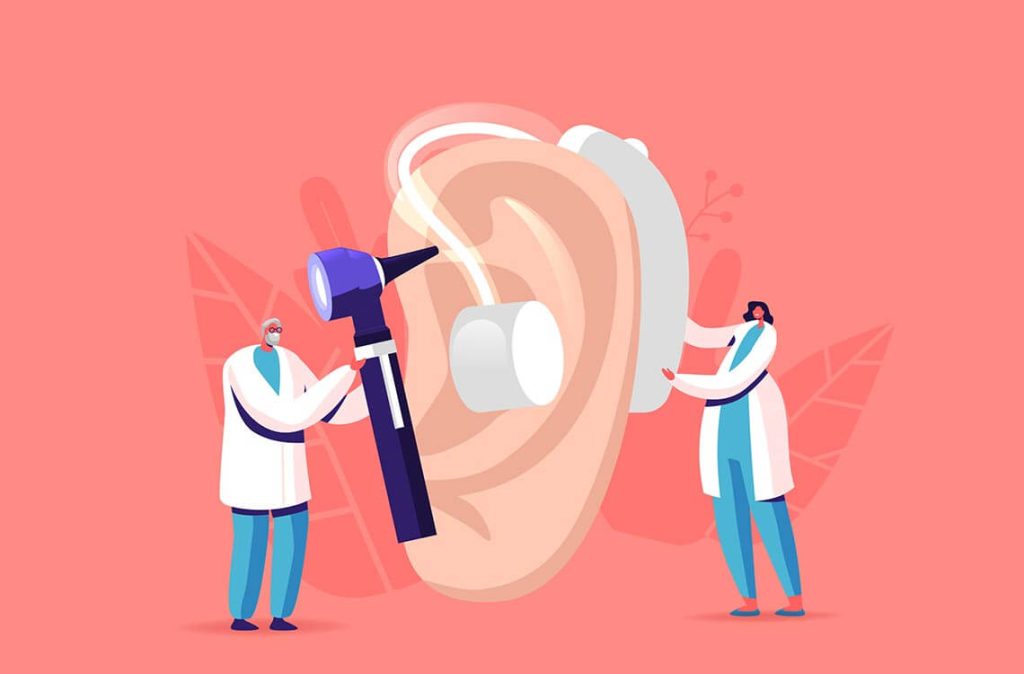Hearing loss in kids can be devastating for their physical and mental development. Especially if not identified early.
Pay attention to any signs of hearing loss in your children so they can get early medical intervention.
We covered symptoms, risk factors, treatment options, social problems, and resources in part 1 this Chats with Experts piece here
In part 2, we will talk about how hearing loss affects child development, language acquisition, prevention and what parents can do to help their kids adjust to hearing loss.
We sat down with Sharifah Nurul Natasha, audiologist from Sunway Medical Centre Velocity, to help answer these questions.
Q1: How can paediatric hearing problems affect a child’s development?
There are a few areas that may be affected when a child is unable to hear clearly. The most affected area are their speech and language development.
The ability to hear sounds will help a child to learn how to talk, communicate and understand language.
When a child is unable to hear how a certain syllables or words are being pronounced, they might not be able to learn how to communicate and learn languages which then will hinder their speech and language development.
In some severe hearing loss cases, they might have problem in social skills as well.
Q2: How does hearing loss impact language development in young children?
Language development is the ability to comprehend speech and communicate using it. It is highly related and comes later or in between of speech development.
For a young child, having hearing loss may impact their language development differently according to age.
Having hearing loss before the age of acquiring language will have a bigger and massive impact in their lives.
They may have a lower range of vocabulary, have trouble learning, understanding different meanings of words and making sentences.
Other people might have problem understanding their speech because of it.
For children who acquired hearing loss after the age of acquiring language, they may have lesser impact.
For them, they may not be able to hear to communication clearly, even with their own voice.
They may be talking too loud or too soft and may sound mumbled.
At most time, they will have trouble in listening and reading. More problems may arise in school if they are not given help.
Q3: What is the importance of early prevention and treatment when it comes to hearing problems in children?
Early prevention and treatment will change the future for the children with hearing loss to a brighter side.
If they are tested, diagnosed and given treatment early, they may not be left behind in their development. They may be able to speak and talk similar to normal hearing children.
Hearing aid devices could also help them hear clearly.
Parents and instructors can teach them speech or sign language to help them communicate with others. The most important is, they will be able to hear and they will be heard.
Q4: Can paediatric hearing problems be prevented? If so, what are some prevention tips for parents and children?
There are many things that can cause hearing loss in younger children and half of it is preventable.
Excessive loud noise may be one of the reasons, thus it is best to keep it away from your children.
It can be the sound of loud music, loud vacuum cleaners, sirens, sounds of engines, fireworks and etc.
If you are residing in a noisy area or experiencing temporary noise exposure (for e.g.: house construction), make sure to isolate them from the noise or use earplugs or earmuffs.
Other than that, maintain a good hygiene of the ear.
Do not use any tools such as cotton buds or ear digger to dig for earwax. If they like to go for a dive in the swimming pools or beach, make sure to cover their ears.
Have a check-up with ENT consultant if there is any problem related to the ear and with an audiologist if there is any problem with the hearing.
Q5: How can parents and caregivers best support a child with hearing loss?
The best way to support a child with hearing loss is to be there with them along the way.
To help them is to hear and understand how they feel and what do they need.
Talk with professionals such as ENT Consultant, Audiologist, Speech-Language Therapist and their school teacher anything related to their problem.
Fit them with hearing aid devices if it gives them benefit. If it doesn’t, explore other hearing amplification devices that may benefit them.
If your children are using sign language or cued-speech, make effort to learn it as well to smoothen your communication with them. Do not isolate them in conversation.
Sign them up with Speech Therapist if they are delayed and get involve in their session.
Take home some therapy exercises as homework. Talk with their school teacher for the best seating arrangement in school etc.
As parents and caregivers to a child with hearing loss, family commitment is very important to ensure a successful progress.
Source: Sharifah Nurul Natasha, audiologist from Sunway Medical Centre Velocity
Disclaimer: The information provided in this article is for informational purposes only and should not be considered as medical advice from Motherhood. For any health-related concerns, it is advisable to consult with a qualified healthcare professional or medical practitioner.
For more insightful stories and fun recipes, stay tuned to Motherhood Story!
